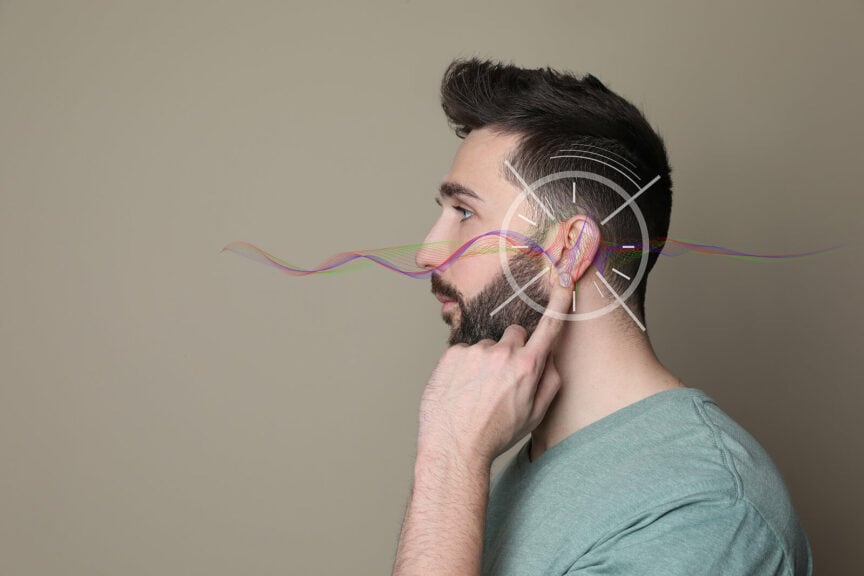Sometimes we may get into so many minute particulars of a topic that we risk losing track of its core. So here is a refresher on some of the fundamentals to help expand and deepen your understanding of what it really means to live with hearing loss.
ASSUMPTION: Hearing Loss is Uncommon
FACT: The most accurate studies agree that slightly less than 14% of the US population lives with a detectable degree of some form of hearing loss. It is impossible to get exact numbers for reasons that will be made clear below, but this means between 35-48 million Americans.
ASSUMPTION: Hearing Loss Happens to Other People
FACT: All genders, races, and socio-economic classes may experience hearing loss. No one is immune to it. Congenital hearing loss happens in fewer than three out of every 1,000 births, but the percentage of the population who endures it steadily rises with age until eventually more than a third of everyone 65 years old and older lives with it. And finally, unbelievably, people 75 years old and older are more likely to have hearing loss than not.
ASSUMPTION: I Will Know Immediately If Someone Has Hearing Loss
FACT: No. Obviously you won’t know just by looking at someone that they have hearing loss, and many people with hearing loss don’t even know it themselves. It usually comes on so incredibly gradually that people are unlikely to have a single revelatory moment in which the change is apparent.
ASSUMPTION: People With Hearing Loss Wear Hearing Aids
FACT: With appropriate treatment hearing loss should impact one’s life no more than wearing glasses does. But sadly, more than two-thirds of those with hearing loss do not make a daily habit of wearing hearing aids. And among that small percentage of people who do, they wait an average of seven years to do so.
ASSUMPTION: Tragic Accidents Cause Hearing Loss
FACT: In very rare circumstances hearing loss happens because of a sudden injury, like being near a loud explosion. Such tragedies cause instant damage. But much more commonly, hearing loss comes on imperceptibly gradually thanks to habitual exposure to dangerous volumes. Such accruing damage is practically impossible to notice and therefore it is unlikely to provoke preventative action or treatment.
ASSUMPTION: Risky Activities Are Uncommon
FACT: Some professions inherently bring increased risks. Examples of such industries include mining, agriculture, construction, manufacturing, and even nightlife, like busy restaurants and nightclubs. Common recreational activities might also pose just as much danger: concerts and sporting events, listening to loud headphones while commuting and even sitting in your own living room playing video games. Dangerous volumes often become normalized.
ASSUMPTION: I Will Recognize It If My Hearing is Diminishing
FACT: People are much more likely to recognize the symptoms of hearing loss in other people than in one’s self. Is your friend asking you to repeat yourself all the time? Are you surprised by how loudly your mom watches TV? These are common signs.
ASSUMPTION: Hearing Loss Is A Minor Inconvenience That People Can Adapt To
FACT: It might end up being your responsibility to tell a loved one you suspect they may have hearing loss. It could feel awkward, but there should be no shame. Explain patiently that hearing loss is very serious. It risks your physical safety by damaging your balance and reducing your environmental awareness. And without appropriate treatment, its complications will compound into serious psychological and emotional problems. Social isolation, depression, and even cognitive deterioration will be the results when someone ignores or minimizes their hearing loss.
It is never too early and it is never too late to take action to reduce the effects of hearing loss. The longer you leave it untreated, the more the problems will increase and make treatment more difficult. Make an appointment today to find out objectively how exactly your hearing health measures up. And while you’re at it, bring a loved one along to normalize attention to hearing health. It should be no different than getting your annual physical, dental cleaning or eye exam, because your hearing health is a cornerstone of your overall health, and therefore your quality of life.


